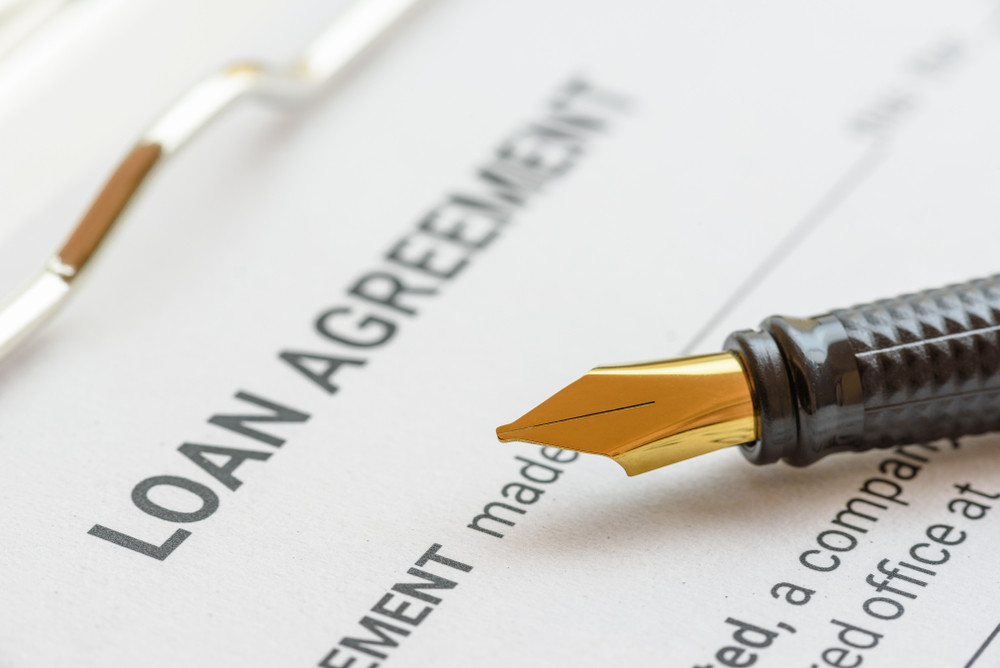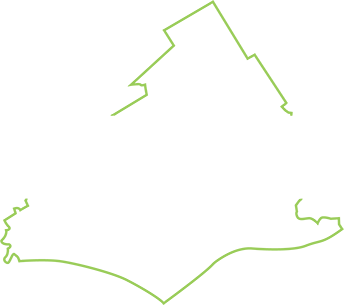
Photo credit: Shutterstock
Let’s face it, not everyone has the cash or enough savings laying around to purchase a car or buy a home outright. It’s also more than likely that you will end up borrowing money at some point in your life, and that’s ok. Borrowing money does not have to be a scary process and when you do your due diligence, borrowing smart can prevent yourself from getting into a bad situation. Additionally, leaning on a trusted financial institution like BHCU, Your Delaware County Credit Union, for expert advice, honest answers, and great rates, you’ll have all the confidence you need to move forward in life.
Yes, loans cost money, so only take on debt as a last resort and borrow as little as possible to minimize interest charges. But before borrowing, make sure you complete the following self-check to ensure your in a good position to take on debt.
1. Do I absolutely need to borrow? Maybe you have some money in savings account or a significant other can spot you some cash. It’s important to explore all possible options before applying for a loan but sometimes it’s the only option.
2. Is my budget in check? Identifying where you are frequently spending money may serve as an opportunity to reduce expenses. You may also spot unnecessary trends of where your money is going. Saving money is extremely important so consider how borrowing it will impact your monthly saving and spending.
3. Is supplemental income needed? After your budget review, you may determine that there is no way you can cut costs or savings and that supplemental income is needed. Part-time employment like driving or delivering can be a convenient source of income without cutting into too much of your free time.
4. What are my existing debts? A deeper dive into you budget review is a debt review. Finding ways to reduce debt should be done regularly. Start with your rate and assessing finance charges to see where you can do better. A lot of times, high-interest store credit cards are the easiest things to get rid of. Look for a no-fee balance transfer card with a lower rate like an iSAVE Credit Card. Exploring debt consolidation loans or personal loans to lower rates, decrease finance charges, and get everything to one payment can serve as a great tool to get debt cleaned up.
5. What’s my best loan option? There are plenty of lending options out there. From Home Equity to personal loans, it can be overwhelming to decide what the best option is. It is important to know what your options are and weigh the pros and cons before you apply for the loan.
6. What can you afford? Credit score, interest rate, term, and payment frequency all have a huge part in finance charges and payment. If you are looking for a lower monthly payment, a longer term will help but will also cost you more in interest charges. On the flipside, a shorter term may lower the rate but increase your payment. Be sure to understand all your options before deciding on the most comfortable payment for you.
7. Can I make principal payments? You may find yourself in a financially better place some months. Being financially savvy enough to make principal payments cuts down on your loan balance and finance charges. Understanding how to make principal payments and any pre-payment penalties should be discussed ahead of time. A good lender will explain all of this to you in detail, so don’t forget to ask.





